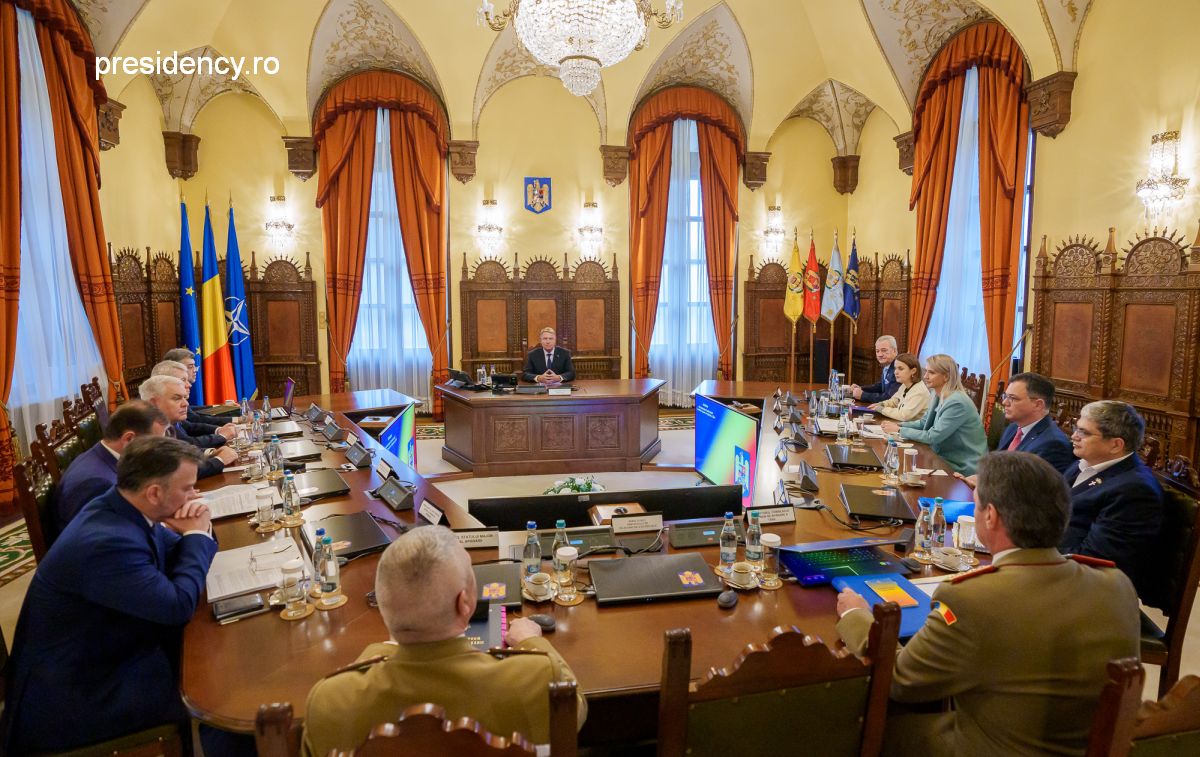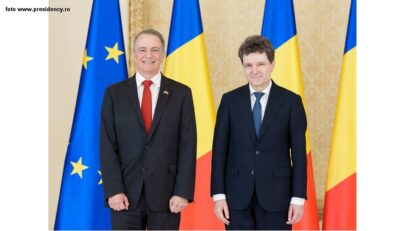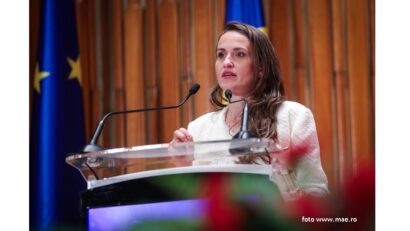Cyber-attacks on Romania
Romania was the target of cyber-attacks aimed at compromising the results of the first round of the presidential election on November 24.

Sorin Iordan, 29.11.2024, 14:00
The Supreme Defence Council, convening on Thursday in Bucharest, found that the first round of the presidential elections in Romania held on November 24 was the target of cyber-attacks designed to alter its accuracy. The Council members presented assessments concerning possible threats to national security, generated by the actions of state and non-state cyber actors on the IT&C infrastructures involved in the election process.
They confirmed that, in the current regional security context, particularly as far as elections are concerned, Romania, alongside other states on NATO’s Eastern flank, has become a priority target for hostile actions by such actors, especially the Russian Federation, which is increasingly interested in influencing social cohesion and the public agenda in the Romanian society.
Shortly after the conclusions of the Supreme Defence Council were made public, the Special Telecommunications Service, which provided technical support in the election process, confirmed the existence of such attacks. STS indicated that the number and complexity of the attacks increased as the ballot was drawing near, but that they were held off and no weaknesses were identified in terms of the safe provision of IT&C services to the Permanent Electoral Authority, the organiser of the elections.
Another conclusion of the Supreme Defence Council meeting was that the social network TikTok favoured Călin Georgescu, a candidate perceived as a pro-Russian, anti-EU and anti-NATO extremist, who won the first round of the presidential election.
After analysing the documents presented to them, the Council members concluded that Georgescu had benefited from massive exposure because his TikTok campaign ads had not displayed the unique identification code assigned by the Permanent Electoral Authority, as the Romanian electoral legislation requires. His visibility thus increased significantly compared to the other contenders, who were identified by TikTok algorithms as presidential candidates and whose campaign content was massively filtered, which exponentially decreased their visibility among the platform users.
TikTok, however, denied the accusations. In a statement issued shortly after the Council presented its conclusions, the Chinese company indicated that, to date, it had found no evidence of a “covert influencing operation” targeting the presidential elections in Romania and no evidence of foreign influence.
However, the Supreme Defence Council called on national security authorities, on the agencies involved in the smooth running of the election process, and on criminal investigation bodies to take urgent steps to clarify the issue. (AMP)






























